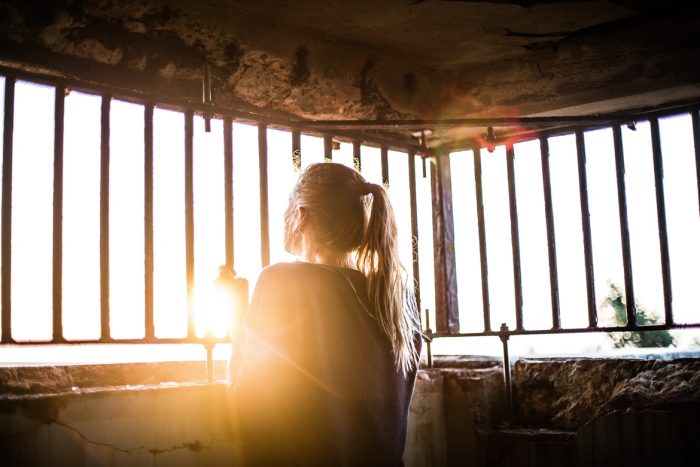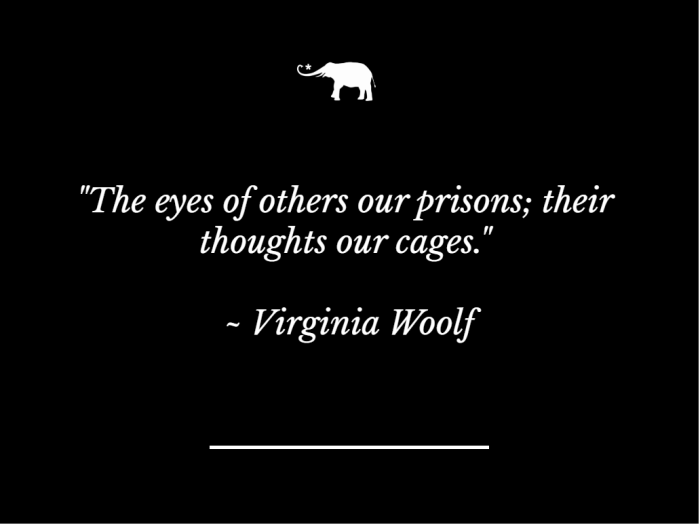
Right from kindergarten, I was bullied.
I was bullied through grade school, and then in middle school.
Two of my memories are of being physically attacked by a girl with her patrol flag as I was walking home after school. Another time, a group of popular girls stuck wads of chewed gum to the backrest of my chair, creating a sticky mess on the back of my shirt and in my long hair. That wasn’t all, though. I could probably write a book titled, “What they did to me.”
It was only when I changed towns and schools—moving from my mother’s house to my father’s—that I was able to get a fresh start with my peers.
But even that wasn’t enough. I still wasn’t really “cool,” and while not a total outcast anymore, I felt immense pressure to speak, dress, and act in ways that didn’t feel true to me, all because I understood and feared the deep pain of rejection. At 15, getting into cigarettes, weed, and booze helped me to elevate my status a little, with some unfortunate consequences.
By the time I’d been kicked out of my father’s house and went to stay with my aunt and uncle for the last two years of my childhood, I thought I’d perfected “fitting in.” By all accounts, I had—my friend group in that newest town was considered “popular,” I was doing well in school, I was accepted by my peers, and my fear of being humiliated started to drop away. I had effectively groomed myself to be acceptable.
But, locked away beneath that shiny armor was an entirely different person.
Perhaps that journey, and a mix of other negative childhood experiences, is why I always aimed to please as an adult—and that included hiding away my weirdness. I hid it in high school and well into my 20s and 30s, and it’s only recently that I’ve started to try and embrace it.
I’ve realized that no matter how much I try to hide who I am, a little of it will shine through. People see it, they recognize it. I was only fooling myself, thinking I was fitting in. And the thing that makes me sort of laugh is that 90 percent of my peers probably felt exactly the same way. The 80s and 90s school days were beautiful and toxic.
This Virginia Woolf quote is what pushed me over the edge.
~
~
Reading these words added a new perspective for me—I’d created my own prison, my own cage, built entirely with how I wanted others to perceive me. I did it out of fear, yes, and I hold so much tenderness for my younger self. If rejection were a virus, bullying would be its monstrous and horrific mutation, and no wonder I attempted to transform myself to avoid it. The cage, at that time, was necessary for my survival—and I don’t say that lightly. Bullying has and continues to cause teens to die by suicide.
But as an adult, that cage has now grown rusty and useless. I’d been sitting in it out of habit.
Virginia Woolf reminded me that I am a grown-ass woman who no longer needs that cage, that armor. It’s not because bullying doesn’t exist once you hit 30. Oh, yes, adults absolutely do it to each other, too—just in different ways.
But I’m done hiding and apologizing for who I am. Instead, I’ve set out to find the beauty in all the weird little parts of myself. And for anyone who’s had a similar path in life, I hope you set yourself free, too.
AUTHOR: CATHERINE MONKMAN
IMAGE: CHRISTOPHER WINDUS/UNSPLASH


Read 8 comments and reply